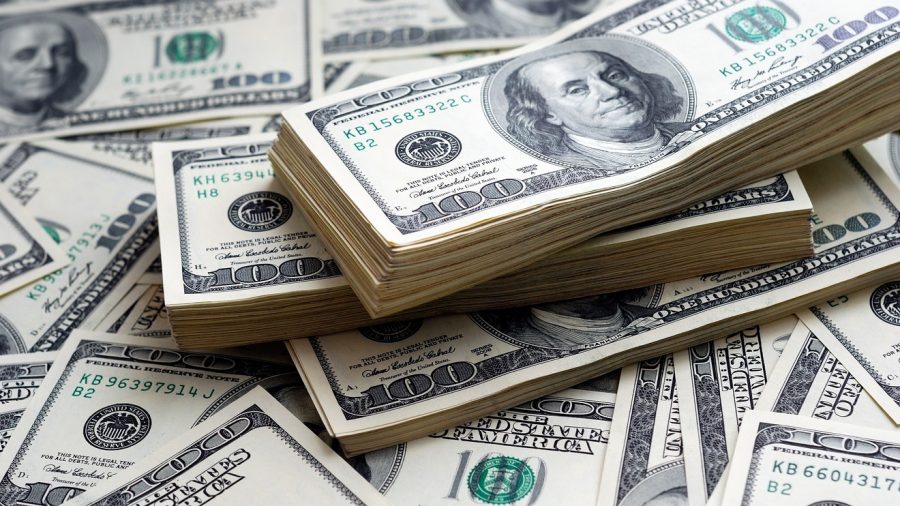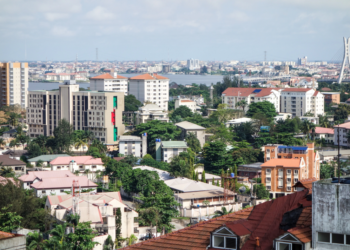Nigeria received $1.29 billion capital importation (inflows) in the second quarter (Q2) of 2020, representing a decrease of 78.6% compared to the corresponding quarter of 2019. This is according to the latest Nigerian Capital Importation report released by the National Bureau of Statistics (NBS).
According to the report, $1.29 billion represents the lowest inflows recorded since Q1 2017 when capital inflow of $908.3 million was recorded.
Also, the latest figure indicates a decrease of 78.6% compared to $6.05 billion received in the corresponding quarter of 2019 and 77.9% decrease compared to $5.85 billion in Q1 2020.
READ: UPDATED: Nigeria’s GDP contracts by 6.10% in Q2 2020, as critical sectors plunge
Capital Inflow by type
The largest amount of capital importation by type in Q2 2020 was received through other investments, which accounted for 58.77% ($761.03 million) of total capital imported during the quarter. Inflows from other investments, declined by 42.8% as against $1.33 billion received in the previous quarter and a further 48.6% reduction compared to $1.48 billion recorded in the corresponding quarter of 2019.
Portfolio investment followed with $385.32 million, accounting for 29.8% of the total inflows in Q2 2020. Under the portfolio category only Equity ($52.3 million) and money market instruments ($332.1 million) received inflows during the quarter under review.
Foreign Direct Investment (FDI): FDI accounted for only 11.47% ($148.6 million) to the total capital inflows. A decline of 30.6% compared to $214.3 million received in Q1 2020 and 33.41% reduction compared to the corresponding quarter of 2019.
FDI is an investment in the form of a controlling ownership in a business in one country by an entity based in another country. In Q2 2020, FDI came into Nigeria only through equities.
READ: Nigeria received $5.82 billion capital inflows in Q2 2019, down by -31.41%
Capital inflows by Sectors
The report shows that Shares received the highest capital inflows in Q2 2020, accounting for 35.9% ($464.6 million) of the total capital inflows followed by Financing, which contributed 23.9% ($309.5 million to the total inflows.
The banking sector came third on the list as it attracted $140.2 million (10.8%) capital inflows, others on the list include; Production $110.8 million (8.6%), Telecoms $105.6 million (8.2%), Trading $68.2 million (5.3%) and Agriculture $48.8 million (3.8%).
Get financial and economic data from Nairametrics on Nairalytics
Capital inflows by origin
The United Kingdom emerged as the biggest source of capital investment in Nigeria. In Q2 2020, investment from the U.K amounted to $428.8 million, a decline of 85.3% compared to $2.91 billion recorded in the previous quarter and 87.1% compared to $3.33 billion in Q2 2019.
Other countries that accounted for the biggest share of capital inflows in Nigeria during the period include, South Africa ($149.3 million), UAE ($145.2 million), Netherlands ($141.3 million) and Singapore (134.4 million).
Capital inflows by destination
In terms of destination, only 6 states received capital inflows in the second quarter of 2020, Lagos State received the giant share with $1.13 billion (87.3%) capital inflows, followed by Abuja with ($145.3 million).
Ogun State received $11 million within the quarter, Niger ($6.86 million), Anambra ($1.16 million) and Kano State, which received $130,000 capital inflows.
Upshot
- The decline in capital inflows recorded during the second quarter of 2020 is attributable to the effect of COVID-19 pandemic, which halted economic activities in most parts of the world.
- Earlier in the week, Nigerian Bureau of Statistics reported that the Nigerian economy contracted by 6.1% as a result of the negative impacts of disruptions caused by the pandemic and the crash in oil price.
- The latest figure reflects a negative trend and how dwindling inflows is a cause for worry to the Nigerian economy.
- It is hoped that subsequent quarters will attract more inflows as the government begin to open most aspects of the economy in phases.






















